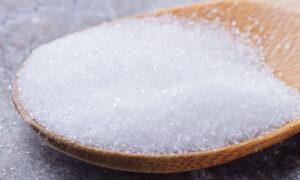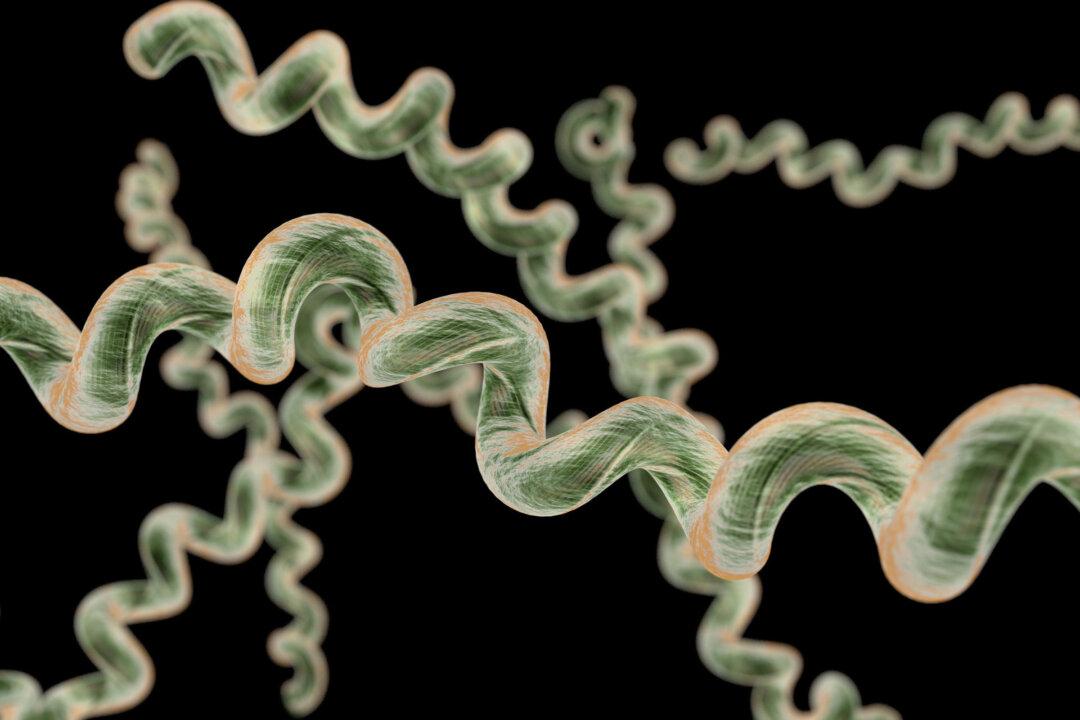Erythritol is a popular choice for those looking to cut down on sugar without losing flavor, but its health effects are often debated. New Cleveland Clinic research reveals a concerning finding: Erythritol makes platelets—blood cells involved in clotting—more active, leading them to react more strongly and increasing the risk of blood clots, heart attack, and stroke.
Cleveland Clinic researchers say this discovery, part of a series exploring the physiological effects of common sugar substitutes, may prompt a reassessment of how we use this sweetener.
Unlike Sugar, Erythritol Can Promote Excess Blood Clotting
Erythritol is a popular sugar substitute used in many “low-carb” and “keto” foods. It is about 70 percent as sweet as sugar and is produced by fermenting corn or wheat starch. Health and weight-loss professionals often recommend it as a safer alternative to sugar for individuals with high cardiovascular risk factors, such as obesity, diabetes, or metabolic syndrome.The new human intervention study, published in Arteriosclerosis, Thrombosis and Vascular Biology, was designed to closely monitor how erythritol ingestion affects platelets at a dose typically contained “in commercial products,” such as an erythritol-sweetened soda or muffin, Hazen said.
In 20 healthy volunteers—nonsmokers without cardiovascular disease, high blood pressure, or diabetes—blood samples were taken after an overnight fast. Participants then consumed a solution with either 30 grams of glucose or erythritol. Blood samples taken 30 minutes later showed that erythritol levels increased more than 1,000 times in those who ingested erythritol.
Results also “revealed participants showed a significant increase in the susceptibility for blood clot formation after consuming erythritol,” Hazen wrote. “In stark contrast, no change was observed in participants after consuming a comparable amount of glucose. A significant new finding in these studies was the direct comparison of results with sugar (glucose), which did not have this effect.”
Hazen said that erythritol makes platelets more responsive, meaning they become more reactive and prone to forming clots. Consequently, even a minor trigger can cause a more robust activation of platelets, increasing the likelihood of blood clots. This heightened responsiveness can lead to excessive clotting.
1 Serving of Erythritol May Trigger Clot Formation
“This research raises some concerns that a standard serving of an erythritol-sweetened food or beverage may acutely stimulate a direct clot-forming effect,” study co-author Dr. W. H. Wilson Tang, research director for Heart Failure and Cardiac Transplantation Medicine at Cleveland Clinic, said in a statement. “Erythritol and other sugar alcohols that are commonly used as sugar substitutes should be evaluated for potential long-term health effects especially when such effects are not seen with glucose itself.”Like erythritol, Hazen noted in the email, “the investigations with xylitol also included large-scale clinical observation studies showing that elevation in plasma xylitol levels is associated with increased risk for heart attack, stroke or death over three years of follow-up.”
The Rise of Erythritol: A ‘Natural’ Alternative to Synthetic Sweeteners
Concerns about the long-term effects of synthetic sweeteners have led many to seek “natural” alternatives such as erythritol, a widely used substitute for artificial sweeteners such as sucralose (Splenda), saccharin (Sweet’N Low), and aspartame (Equal, Nutrasweet).Reconsidering Erythritol: What the Latest Research Means for Your Diet
Based on the evidence, Hazen said, “Choosing sugar-sweetened treats occasionally and in small amounts would be preferable to consuming drinks and foods sweetened with these sugar alcohols, especially for people at elevated risk of thrombosis such as those with heart disease, diabetes or metabolic syndrome.”He added that future research will “explore how broadly the pro-thrombotic effect is in alternative sugar substitutes. Including both alternative sugar alcohols and common artificial sweeteners.”






